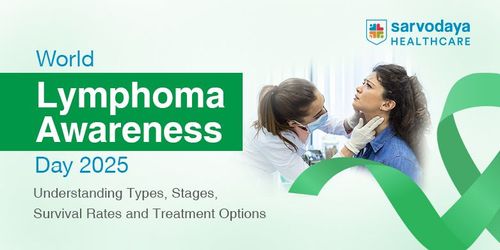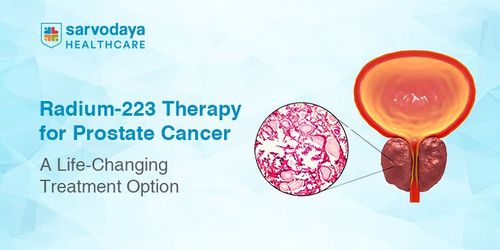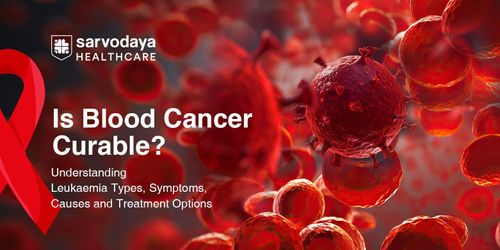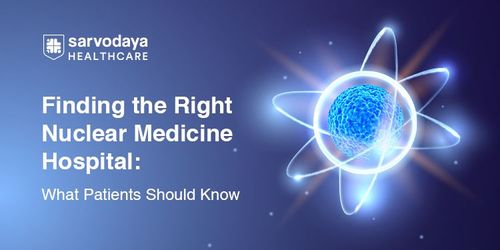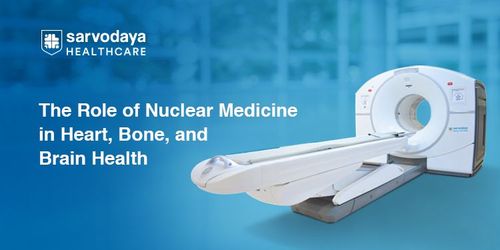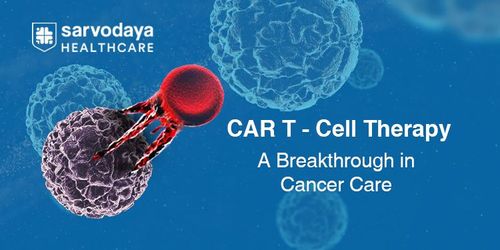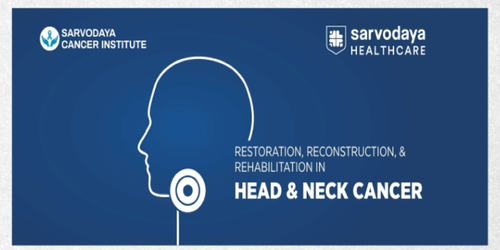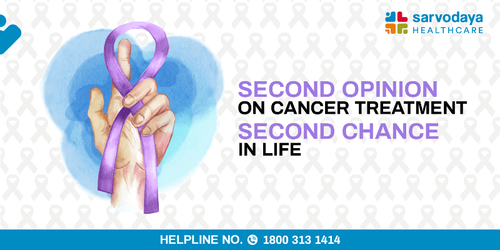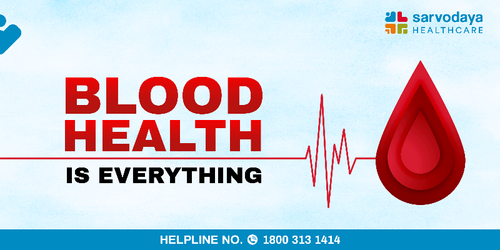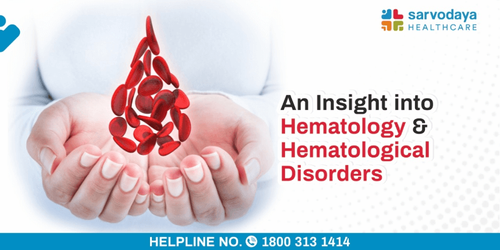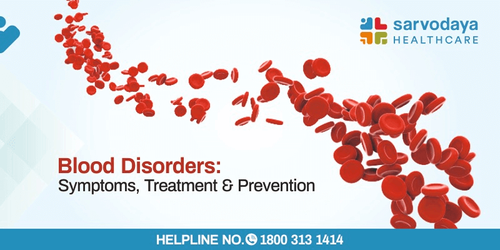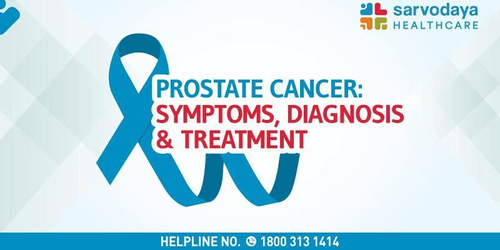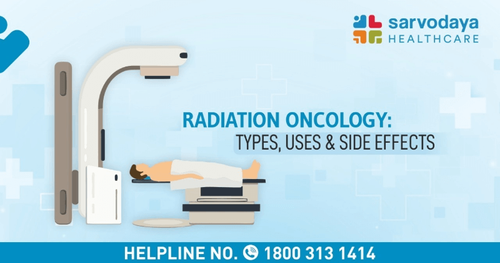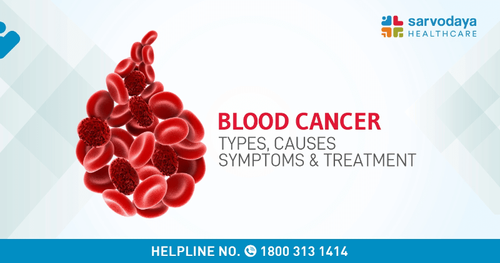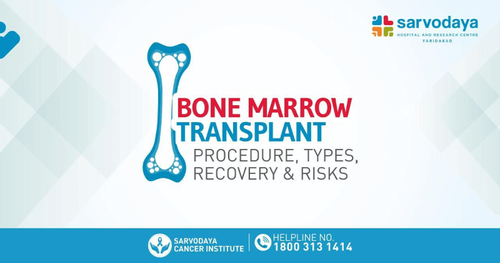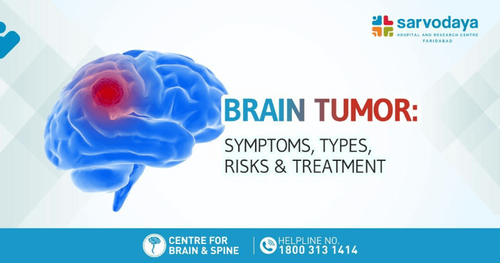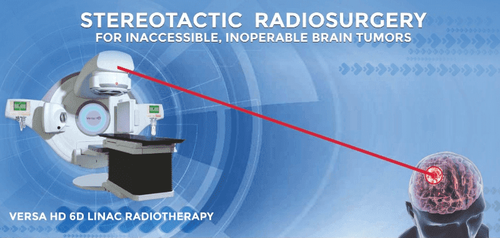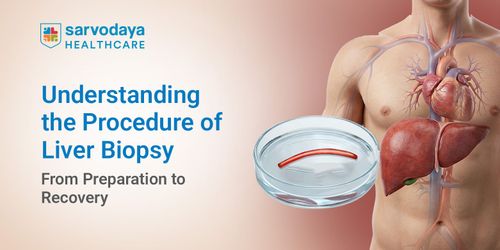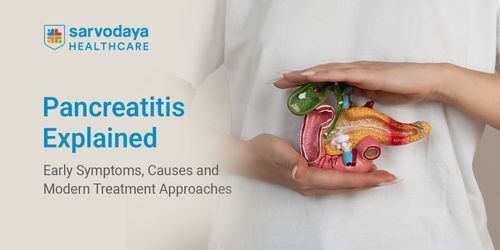Prostate cancer is one of the most common types of cancer affecting men worldwide. The number of prostate cancer cases in India has also been steadily rising, especially in the urban centres where lifestyle changes and greater life expectancy play a role.
In this blog, we discuss the nature of prostate gland problems, explore prostate cancer symptoms in men, and learn about the different prostate cancer treatments in India.
Understanding Prostate Cancer
The prostate is a small, walnut-shaped gland located below the bladder in men. It plays a key role in the formation of seminal fluid. However, as a person grows older or due to other health factors, this gland may develop abnormalities. When cells in the prostate begin growing uncontrollably, it results in prostate cancer.
Several risk factors increase the risk of prostate cancer, including age above 50 years, family history, obesity and sedentary lifestyle.
Common Prostate Cancer Symptoms in Men
Prostate cancer can easily go undetected during its initial stages, as it does not show any noticeable symptoms. However, as the disease progresses, certain signs start to show.
Here are some of the most common prostate cancer symptoms in men:
- Urinary problems in males, such as difficulty starting or stopping urination
- A weak or interrupted urine flow
- Frequent urge to urinate, particularly at night
- Pain or burning sensation while urinating
- Blood present in urine or semen
- Pain in the pelvic area, hips, or lower back
- Difficulty maintaining an erection or erectile dysfunction
Read More- Beating Cancer with Modern Medicine: Latest Therapies, Timely Detection and Real Hope
Stages of Prostate Cancer
Staging helps determine the extent to which the cancer has spread and also affects the options available for the best course of treatment.
Prostate cancer can be classified into the following stages:
- Stage I: Cancer is small and confined to the prostate. It does not usually show symptoms and is often found incidentally.
- Stage II: The tumour is still within the prostate but may spread to more tissues. At this stage, some prostate cancer symptoms in men may begin to show.
- Stage III: The cancer spreads from the prostate to nearby tissues such as the seminal vesicles.
- Stage IV: Cancer has spread to distant organs or bones, often causing significant pain and discomfort.
Prostate Cancer Treatment in India
Once a diagnosis is confirmed, the treatment approach depends on the stage of the cancer, age of the patient, overall health and personal preferences. Fortunately, access to world-class care and advanced technology has made prostate cancer treatment in India highly effective and increasingly customised.
Here are some of the primary treatment options available:
- Active Surveillance: Ideal for early-stage, slow-growing cancer. The condition is monitored regularly through PSA tests and biopsies, with treatment initiated only if the tumour shows signs of progression.
- Surgery: Multiple surgical options are available for the treatment of prostate cancer, including radical prostatectomy. The latest development in this field is robotic surgery for prostate cancer, which offers:
- Greater precision
- Smaller incisions and reduced blood loss
- Quicker recovery times
- Lower risk of complications
- Radiation Therapy: Involves targeting high-energy rays at the tumour to destroy cancer cells. It can be external or internal (brachytherapy).
- Hormone Therapy: Reduces or prevents the production of male hormones that fuel cancer growth.
- Chemotherapy: It is an advanced treatment used when cancer has spread beyond the prostate and is not responding to hormone therapy.
- Nuclear Therapy for Prostate Cancer: It is a highly targeted treatment that delivers radioactive substances directly to prostate cancer cells, destroying them while sparing the healthy tissues. It offers benefits such as:
Improved tumour targeting
- Minimal side effects
- Reduced damage to surrounding organs
- Enhanced comfort and long-term wellness
Indian patients can now get international-quality care at affordable costs, as leading facilities in the country are pioneering the use of advanced treatments like robotic surgery for prostate cancer and nuclear therapy for prostate cancer.
Read More- Finding the Right Nuclear Medicine Hospital: What Patients Should Know
Why Early Detection and Regular Screening Matter
In most cases, prostate cancer develops gradually and remains confined to the prostate gland for a considerable period. This makes early detection both possible and necessary.
To promote lifelong prostate health, men after the age of 50, or younger if they have a family history, should undergo regular checkups that include:
- The Prostate-Specific Antigen (PSA) test measures the level of PSA in the blood. Higher levels can be a sign of cancer or other prostate gland problems.
- Digital Rectal Examination (DRE) is a physical examination of the prostate gland to feel for abnormalities.
- Imaging tests and biopsies may be required if the initial screening results are alarming.
- Routine check-ups can prevent further disease development and reduce mortality by enabling prompt, targeted interventions.
Exploring Robotic Surgery for Prostate Cancer
Robotic surgery has revolutionised the way prostate cancer is treated, offering patients a safer and more effective alternative to traditional open surgery. Using advanced robotic systems, surgeons can perform a radical prostatectomy with unmatched precision. The robotic arms allow for highly controlled movements, enabling surgeons to operate through tiny incisions while preserving delicate nerves and surrounding tissues.
Here are the advantages of robotic surgery for prostate cancer:
- Greater surgical precision with advanced robotic arms
- Smaller incisions leading to minimal scarring
- Reduced blood loss and lower risk of complications
- Less post-operative pain and faster recovery
- Shorter hospital stay compared to open surgery
- Better preservation of urinary continence
- Improved chances of maintaining sexual function
- Quicker return to normal daily activities
Conclusion
Prostate cancer is increasingly becoming a significant concern among men, especially in those above 50. However, through increased awareness, regular screening and early treatment, it is possible to manage or even fully recover from the condition. The first step towards ensuring strong prostate health is to recognise early symptoms of prostate cancer in men and remain vigilant.
For those seeking expert care, Sarvodaya Hospital, Faridabad, offers advanced diagnostics, expert consultations, and personalised treatment plans. With a team led by the best oncologist in Faridabad, the hospital is equipped to handle everything from early detection to complex procedures. Sarvodaya also offers nuclear therapy for prostate cancer, a state-of-the-art targeted treatment using radioactive substances directed precisely at cancer cells to eliminate them while sparing healthy tissue. It ensures minimal side effects, improved tumour targeting, and enhanced patient comfort – with benefits such as reduced radiation exposure, fewer adverse effects, and a focus on preserving quality of life. Their compassionate approach means that all patients receive not only treatment but also guidance on a clear path to recovery and well-being.
Book an appointment now at the best hospital for prostate cancer and get guidance from a renowned and qualified cancer specialist in Delhi NCR.
















